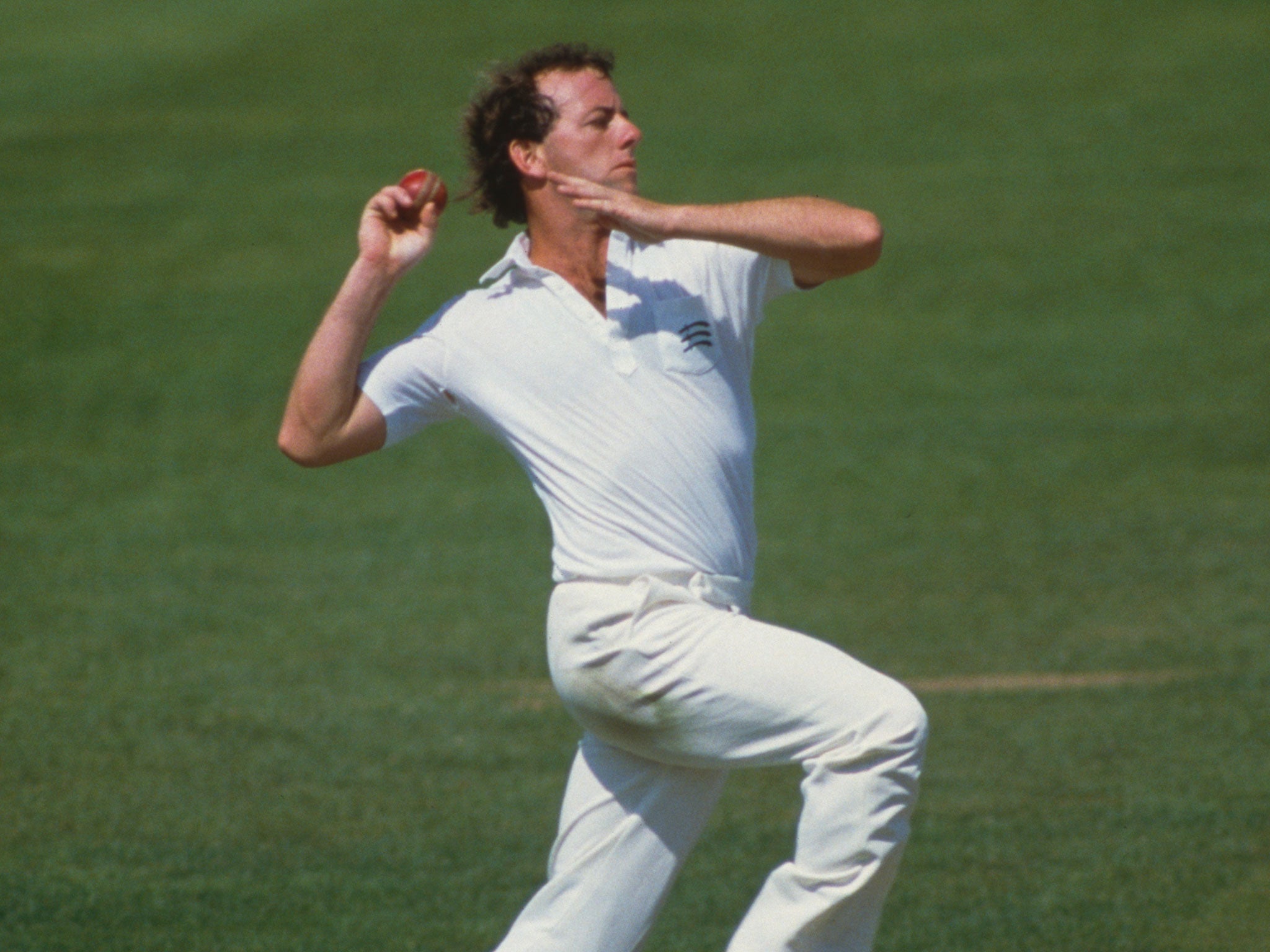Who Wants To Be A Batsman? by Simon Hughes, book review: Great technique and plenty of wit from 'the analyst'
Former bowler turned cricket journalist delivers an engaging take on batting

Your support helps us to tell the story
From reproductive rights to climate change to Big Tech, The Independent is on the ground when the story is developing. Whether it's investigating the financials of Elon Musk's pro-Trump PAC or producing our latest documentary, 'The A Word', which shines a light on the American women fighting for reproductive rights, we know how important it is to parse out the facts from the messaging.
At such a critical moment in US history, we need reporters on the ground. Your donation allows us to keep sending journalists to speak to both sides of the story.
The Independent is trusted by Americans across the entire political spectrum. And unlike many other quality news outlets, we choose not to lock Americans out of our reporting and analysis with paywalls. We believe quality journalism should be available to everyone, paid for by those who can afford it.
Your support makes all the difference.They say readers need characters with whom they can identify. Simon Hughes had me at "I wasn't a good batsman". These things are relative; he is a former professional cricketer. But even for natural bowlers like him, it's often the dream of becoming a batsman that first attracts them to the game, and this book cleverly adopts the perspective of those of us who'd answer "me" to the question posed in its title, but lack the necessary talent.
Bowlers win matches, the commonplace understanding goes. Batsmen, at best, don't lose them. Still, facing the entire fielding team on their own with just their partner watching, impotently, from the non-striker's end for company, they seem by far the more heroic. The qualities required to flourish in such a role are singular, opaque even, so Hughes moves between a larky account of his own career and brief insights into those of successful batsmen, his struggles serving as a means of highlighting their achievements, and of rendering them comprehensible. He is interested not just in what a good batsman might look like, but in what it might feel like to be one.
Better known these days as "The Analyst", a cricket journalist who specialises in explicating various technical aspects of the game, Hughes does touch on those aspects here, but, really, his argument is that batting is as much a question of temperament as of technique. Viv Richards may be right when he tells Hughes that a batsman's "gotta have shots"; having shots, however is not sufficient. Hughes compares his former Middlesex colleague, Mark Ramprakash, a player not lacking in shots, to batsmen like Australia's Steve Smith. Ramprakash's technique was the more classical. Smith's stance is exceptionally ungainly, walking across his stumps as the bowler delivers the ball, waving his bat, Hughes says, "like a palm in a gale". Yet he has scored 10 Test centuries in the past two years, while Ramprakash managed two in a Test career that spanned over a decade.
The difference, Hughes says, is that, while they share an obsessive approach, Ramprakash, certainly at international level, was hamstrung by self-consciousness, an inability to clear his mind, and give himself to the task in hand, presenting a tortured figure at the crease, contrasted with the blithe Smith. The greatest batsmen, though, aren't always the most appealing. Sports fans, like readers, prefer a little humanity in our heroes. Ramprakash, it was said, cared too much. An attractive quality in a sportsman living out the dream of so many spectators, even when manifest in failure; especially when accompanied with such extravagant natural gifts.
What might have prevented Hughes from becoming a successful batsman, then – his lack of self assurance, his butterfly mind – is partly what makes him an engaging writer. The book's disarming and companionable tone only grates when descending into dressing-room boorishness – various batsmen parrying his question of whether scoring a century is "better than sex" with varying degrees of wit.
Redemption comes, though, when Hughes's family finally produces a decent batsman, his daughter Nancy, and through the delight he takes in her success. "What was it like?" he asks after she scores 106 not out for Middlesex Under-13 girls. "Like laughing, like the sort of happy feeling you get when you're laughing uncontrollably with your friends," she replies, once again showing her father how it's done.
Join our commenting forum
Join thought-provoking conversations, follow other Independent readers and see their replies
Comments